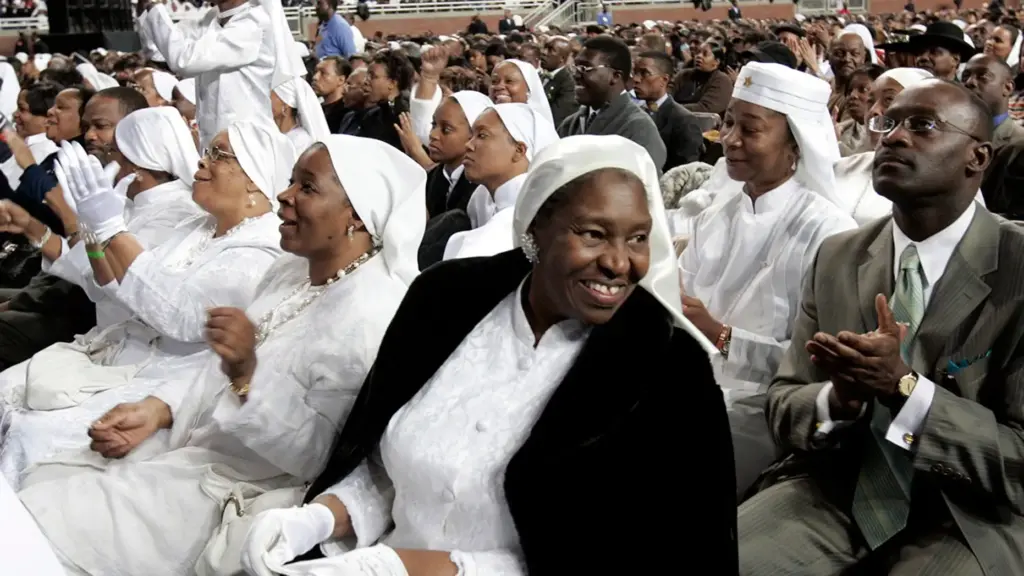An alternative movement aiming to revolutionize societal, legal, and financial structures.
UCADIA, an unconventional movement founded by Australian author Frank O’Collins in the early 2000s, presents itself as an alternative to what it describes as the “Roman Cult System,” often associated with the Catholic Church. Active for over three decades, UCADIA focuses on creating a different model of society, with specific emphasis on legal and financial structures, as well as various other societal domains including mental health, home ownership, local capital development, holistic therapy, social media, and social assistance wellness.
The organization’s belief system is complex and multifaceted, often described as a blend of New Age philosophy and conspiracy theories. UCADIA’s teachings include references to a long-standing war in Heaven between angels and demons, the end of Hell, and the salvation of all mankind. It also discusses the perceived evils of the current legal and banking systems, which it attributes to a global elite and the “Roman Cult.” The movement addresses broader issues like climate change, health security, social and economic inequality, and child exploitation.
Frank O’Collins, who positions himself as an alternative thinker challenging societal norms, has been at the forefront of developing UCADIA’s ideologies and alternative societal models. Despite having no formal legal training or academic credentials, O’Collins has authored numerous books and articles outlining his theories and beliefs, which form the basis of UCADIA. He claims to have uncovered the “true” history of civilization and law, which he says has been deliberately obscured by governments and other powerful institutions.
Central to UCADIA’s teachings is the concept of “Divine Canon Law,” which O’Collins asserts supersedes all other forms of law. He argues that understanding and applying UCADIA principles can allow individuals to free themselves from what he sees as oppressive societal structures. The UCADIA system includes a complex set of documents, such as the “Covenant of One Heaven” and the “Ucadian Patent of Sovereignty,” which form the basis of its worldview and approach to law and society.
UCADIA operates through a network of websites and online communities, emphasizing the importance of research and the development of its models for society. The organization claims these models are based on years of development and refinement. O’Collins has developed his own versions of historical timelines, etymologies, and spiritual concepts, which he presents as factual but are not supported by mainstream historical or linguistic scholarship.
The movement has attracted a small following of individuals drawn to its alternative explanations of history and law. Some followers believe that UCADIA principles can be used to challenge legal proceedings or avoid financial obligations. However, there is no evidence that UCADIA concepts have ever been successfully applied in any court of law or recognized by any government.
UCADIA has faced criticism for its complex and often difficult-to-understand ideologies. Critics argue that O’Collins’ teachings are pseudolegal and pseudohistorical, lacking any basis in fact or accepted scholarship. Legal experts warn that attempting to use UCADIA principles in real-world legal situations could lead to serious consequences for individuals who try to apply them.
The organization’s influence remains limited, primarily confined to online communities and individuals interested in alternative theories about law and history. While O’Collins continues to produce content related to UCADIA, including books, videos, and websites, the sect has not gained widespread recognition or acceptance in mainstream society.
UCADIA’s complex nature makes it challenging to categorize within traditional definitions of cults or religious movements. Nonetheless, it continues to attract those disillusioned with mainstream societal structures, offering a radical rethinking of modern legal and financial systems. The movement’s persistence over three decades demonstrates the enduring appeal of alternative worldviews to certain segments of society, even as it remains on the fringes of accepted thought and practice.
image via Facebook




